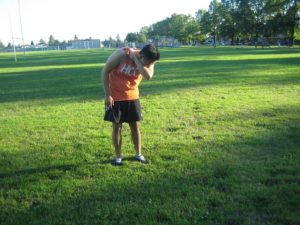Tree nut allergy is a usual cause of life-threatening reactions to food. A reaction can range from mildly bothersome to significantly alarming. If an individual has tree nut allergy, the immune system overly reacts to the proteins present in a specific tree nut and produces antibodies to eliminate them from the body. As a response, the body releases histamine and other chemicals that trigger widespread inflammation and swelling.
What are the indications?
An individual suspected with tree nut allergy should consult a doctor right away if any of these symptoms are present:
- Itchiness
The only way to know for certain if an individual has tree nut allergy is to consult a doctor so that thorough assessment and testing can be carried out. - Diarrhea
- Rash
- Nausea and vomiting
- Runny or stuffed nose
- Abdominal pain
The following symptoms necessitate immediate medical care:
- Shortness of breath
- Dizziness or passing out
- Hoarse voice
- Hives
- Wheezing
- Tightness, tingling or swelling of the throat, lips or tongue
The only way to know for certain if an individual has tree nut allergy is to consult a doctor so that thorough assessment and testing can be carried out.
Who are at risk for tree nut allergy?
Tree nut allergy typically starts in early childhood. A small percentage of individuals are allergic to tree nuts and it is not likely to outgrow this allergy. An individual is more likely to develop the allergy if he/she has other food allergies, especially on peanut or if there is a family history.
When to consult a doctor?
If you suspect that a child has tree nut allergy, a doctor must be consulted right away. Early diagnosis and treatment can prevent any serious reactions in the future.
Once an individual is diagnosed with the allergy, an injectable epinephrine must be on hand always. If the individual shows serious symptoms such as shortness of breath or dizziness, administer a shot of epinephrine as directed and call for emergency assistance even if the symptoms settle.

